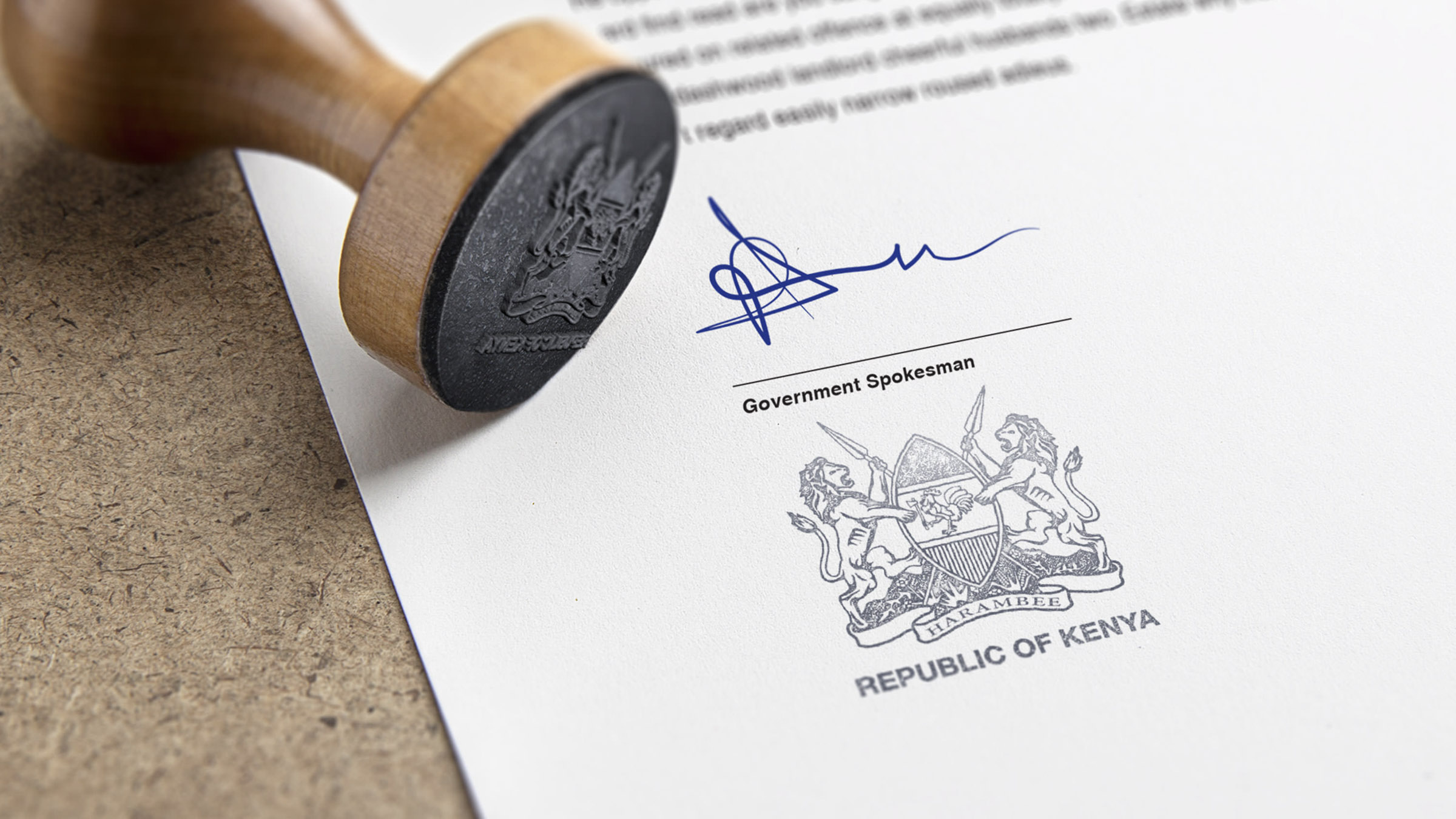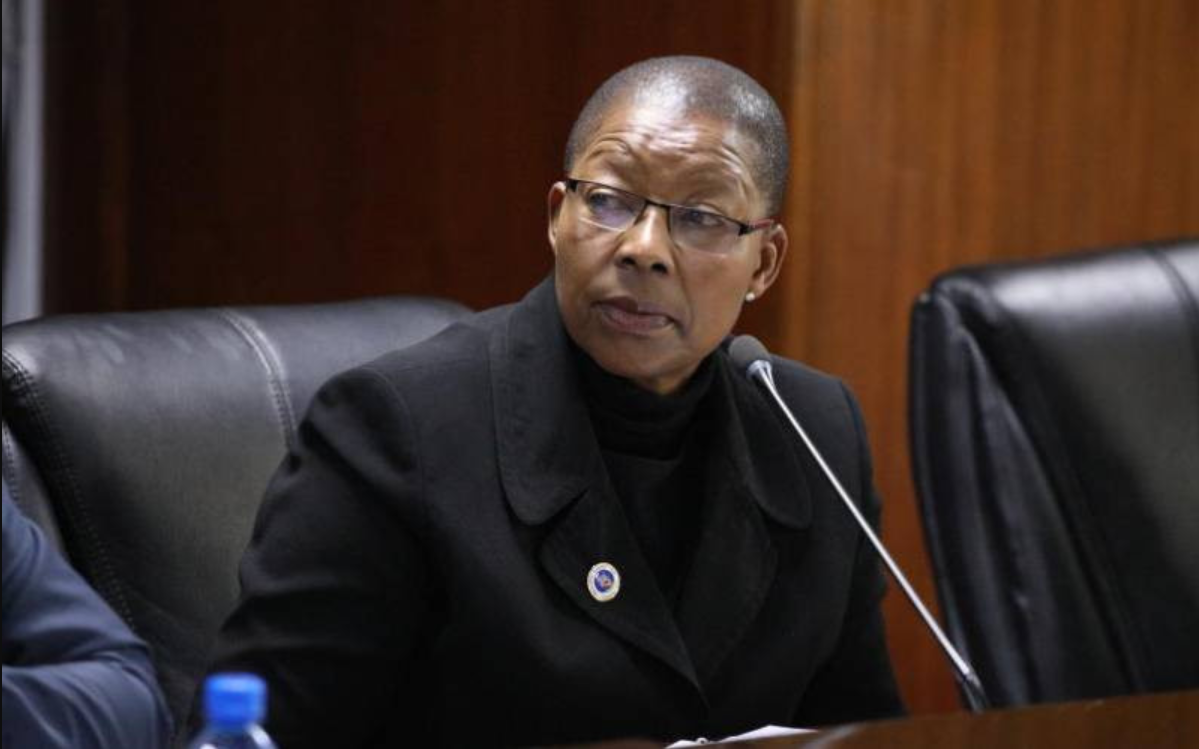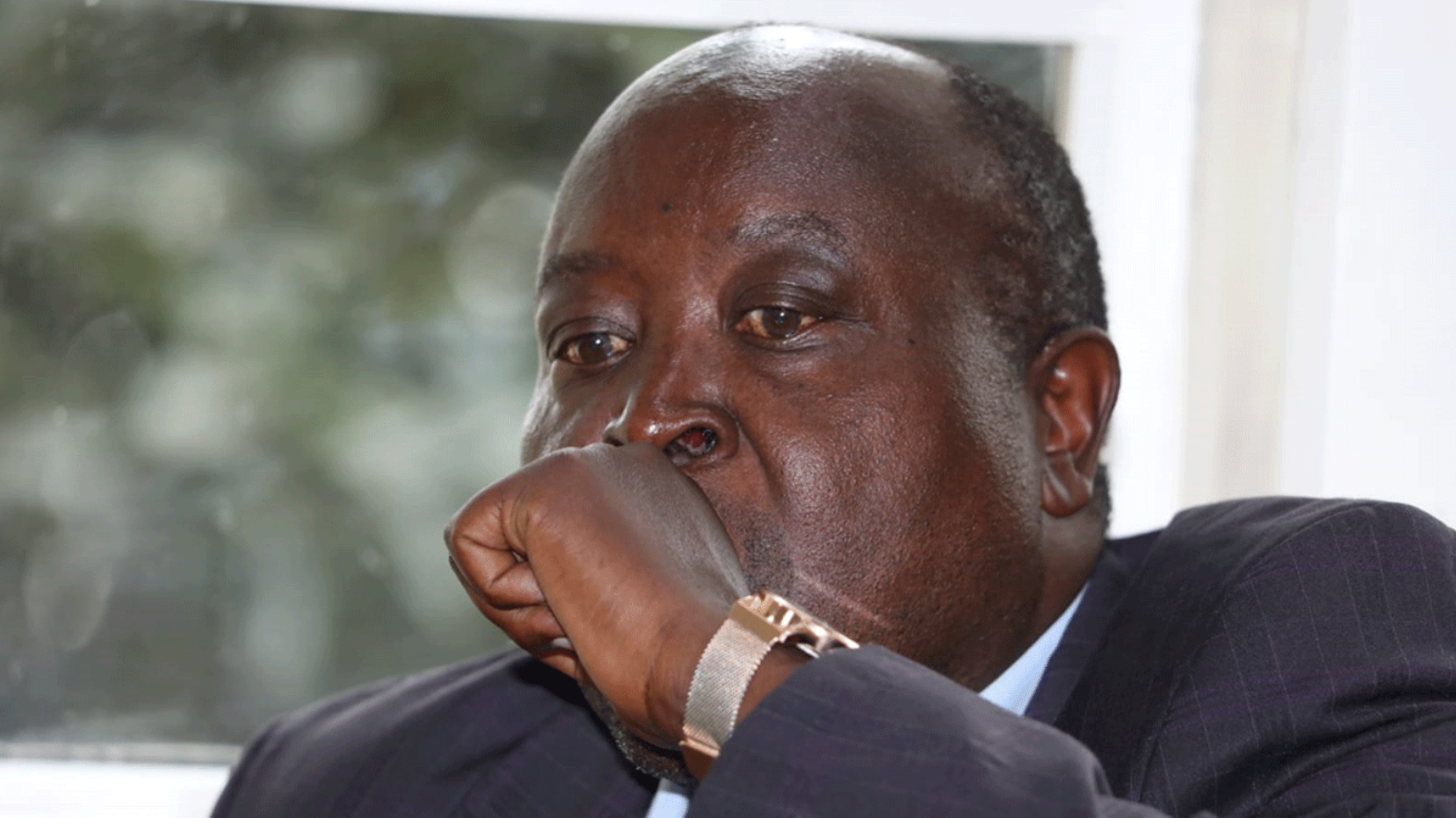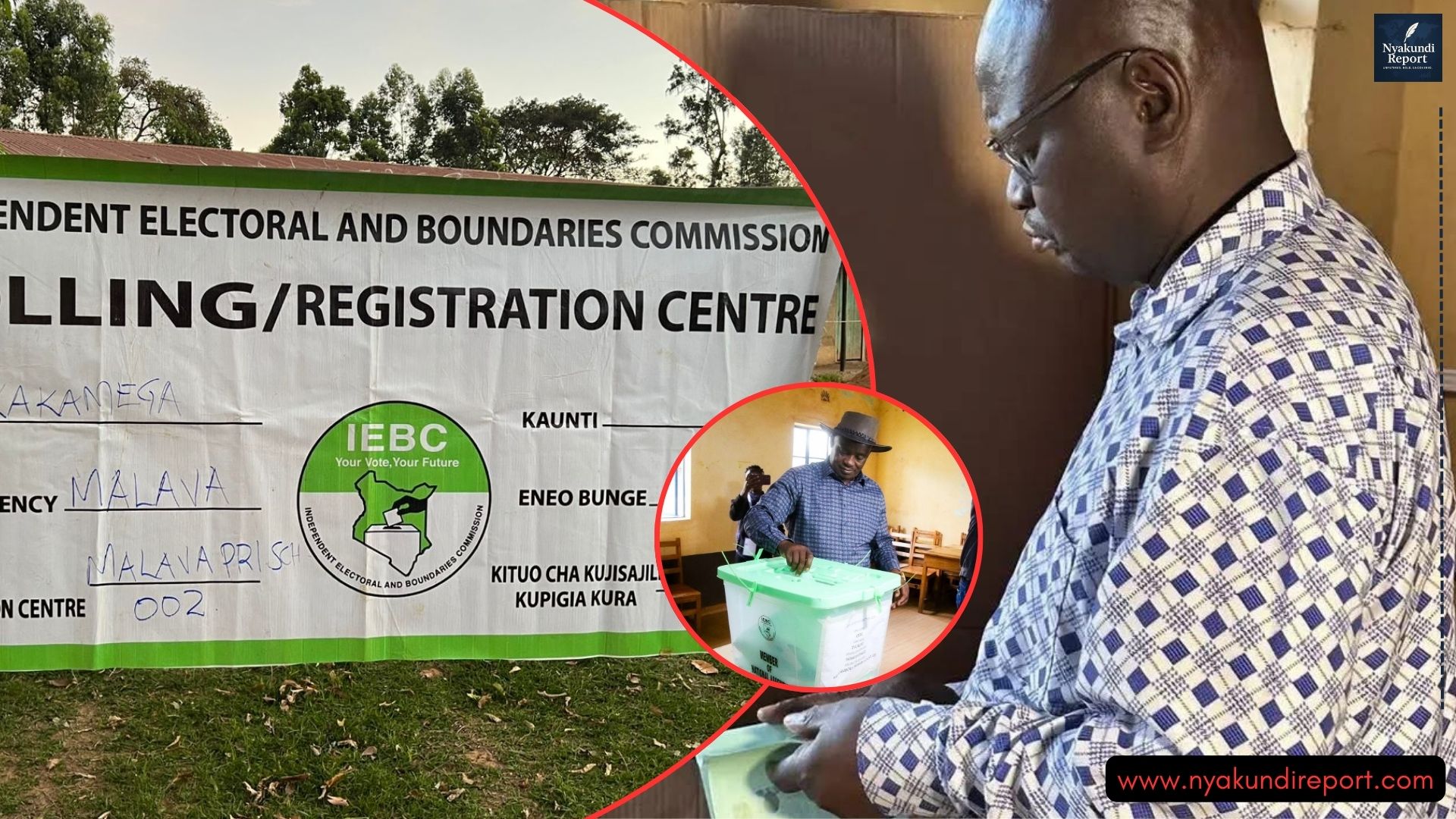Kenya’s High Court has slammed the brakes on President William Ruto’s bid to move the Public Seal from the Attorney General’s office to the Head of Public Service. Justice Chacha Mwita issued fresh conservatory orders on Thursday, June 12, stopping Executive Order No. 2 of 2023 in its tracks.
The ruling lands only a day after civil-rights watchdog Katiba Institute rushed to court, claiming the order trampled the Constitution and tore up the separation of powers.
The judge agreed that the move raised weighty questions about executive overreach, state symbolism, and parliamentary sidestepping. Until a full hearing, the Public Seal stays right where the law has kept it for decades.

Court Sees Red Flags in Executive Bid to Move the Public Seal
Justice Mwita did not mince words. He said the petition “raises fundamental constitutional and legal matters of great public importance.” He then restrained the government from enforcing any part of Executive Order No. 2 of 2023 that shifts the Public Seal out of the Attorney General’s custody.
The judge allowed both sides fourteen days to file and exchange written submissions, signaling that the court wants a speedy showdown.
Katiba Institute’s petition paints the transfer as a blatant power grab. The lobby argues that President Ruto bypassed Parliament, ignored the Constitution, and tried to arm-twist the public service hierarchy in one stroke. They point out that the National Assembly Administration Laws (Amendment) Bill, 2023—the law that would have stripped the Attorney General of seal custody—has not fully passed Parliament or received judicial scrutiny.
The state, on the other hand, claims the Executive Order simply “re-organises” government for efficiency. Yet critics see danger. Moving the Public Seal may look technical, but it shifts a core symbol of state authority into the President’s backyard. That act, they say, weakens checks and balances that protect the republic from creeping authoritarianism.
What the Public Seal Means for Kenya
The Public Seal is more than metal, wax, and ribbon. It carries the coat of arms—two lions with spears and a shield—set on a grayscale backdrop. Officers affix the seal to laws, treaties, and high-level appointments to verify their legitimacy. It tells citizens, courts, and international partners that a document comes from Kenya’s sovereign authority.
Traditionally, the Attorney General, the government’s chief legal adviser, guards the seal. That setup follows Commonwealth practice and shields the symbol from raw politics. If the Head of Public Service gains custody, critics fear new room for abuse. A well-timed stamp could launder dubious orders into official force, leaving Parliament or the courts to play catch-up.
Kenyan constitutionalists warn that state symbols anchor public trust. Tamper with them, and you tilt the entire governance architecture. Justice Mwita’s ruling echoes that concern. He insists the court must test the transfer against the Constitution before any seal changes hands.

Wider Political Stakes and Next Steps
President Ruto’s administration already faces headwinds from civil society over executive orders that redraw ministries, shuffle agencies, and merge roles. The blocked transfer fuels the narrative that State House wants to consolidate power faster than the law allows.
For Parliament, the case is a wake-up call. Lawmakers now see the courts ready to guard legislative turf if the Executive sidesteps due process. Expect heated committee sessions when the House retakes the Administration Laws (Amendment) Bill. MPs will ask whether the bill strips vital oversight or merely modernises bureaucracy.
Meanwhile, the Attorney General’s office keeps the Public Seal under lock and key. Staff are on high alert, knowing that any unauthorised release of the symbol could trigger contempt proceedings. The Head of Public Service must wait, and so must every ministry that hoped to fast-track paperwork bearing the famous stamp.
Civil-rights groups are already mobilising. They plan public forums to explain why a small silver-and-black seal matters to every Kenyan’s freedom. Social-media campaigns underline the ruling’s core message: symbols guard substance. Lose the former, and the latter crumbles.
The court battle resumes in two weeks, but its ripple effects started on day one. Investors watch for signs that rule-of-law institutions can restrain executive whims. Diplomats tracking governance reforms note that Kenyan judges remain willing to challenge State House. Opposition parties cite the order as proof that President Ruto needs closer scrutiny.
Should the court strike down the executive move, it will safeguard a constitutional firewall. Should it allow the transfer after full hearing, it will set a precedent on how far the President can redraw state architecture through executive fiat. Either way, the verdict will echo well beyond the tiny chamber where the chief court clerk stores Kenya’s Public Seal.








































